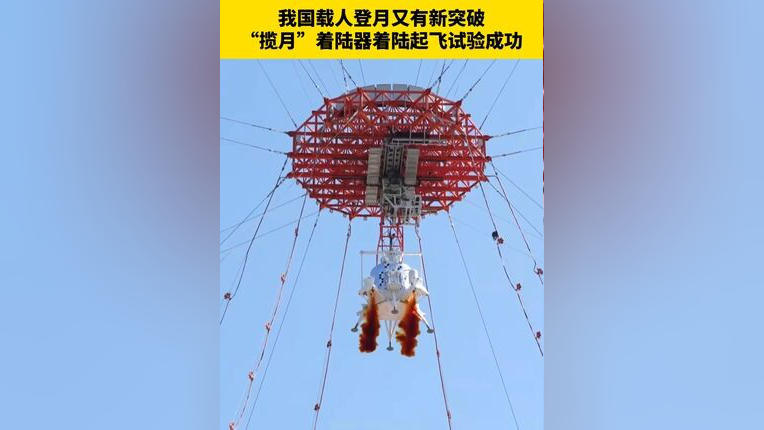今日热播

播放
下一个
打开循环播放
00:00
/
00:00
你可以 刷新 试试
播放信息
上传日志
视频ID
VID
s1204b64115
播放流水
Flowid
355b515c064d2354038baa37ddde302f
播放内核
Kernel
-
显示器信息
Res
-
帧数
-
缓冲健康度
-
网络活动
net
-
视频分辨率
-
编码
Codec
-
mystery
mystery
-
我国载人登月进度条更新,“揽月”着陆器着陆起飞试验成功
我国载人登月进度条更新,“揽月”着陆器着陆起飞试验成功
加征100%!美国抛出芯片“关税炸弹”
加征100%!美国抛出芯片“关税炸弹”
教育部:进一步推动各地规范办园行为 提升办园质量
教育部:进一步推动各地规范办园行为 提升办园质量
普京会见美特使 俄称双方会谈“具有建设性”
普京会见美特使 俄称双方会谈“具有建设性”